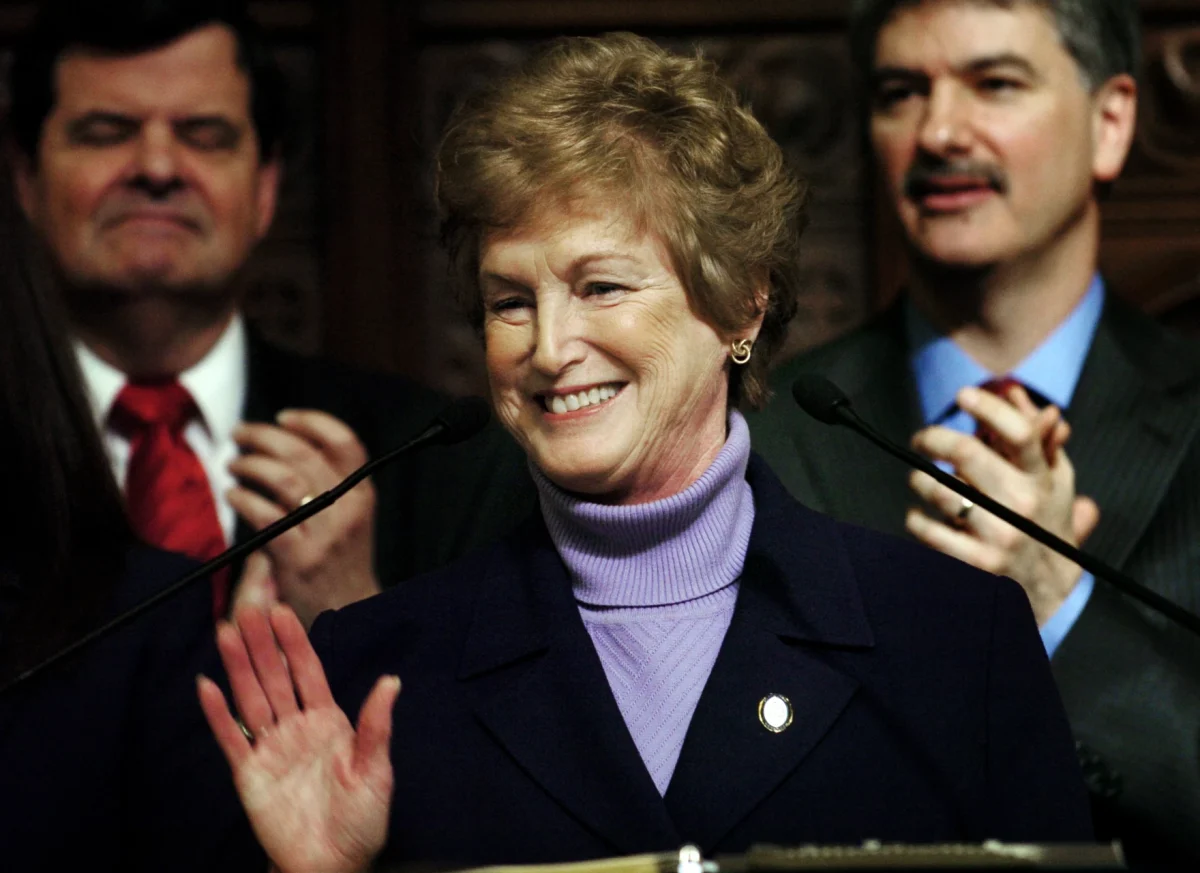Have you seen any of the political ads on television lately? It seems that individuals cannot escape the hundreds of advertisements from our candidates and politicians, as

everyone is bombarded with who should be elected. Coast to coast, north to south, mid-term races have candidates going negative in ads in a big way. And this time it’s getting personal, aimed at the private lives and even the religious beliefs of opponents. Political operatives and observers wonder how low it can go before Nov. 2.
It seems like more negative ads have been put out in this election than any other. Kentucky Democrat Jack Conway’s ad suggests that not having Christian beliefs disqualifies Republican Rand Paul for a U.S. Senate seat or public office at all. For his part, Rep. Alan Grayson played ugly with an ad equating his GOP opponent in Florida’s Eighth Congressional District with the Taliban for his opinions on women. The tagline: “Taliban Dan Webster: Hands off our body — and our laws.”
“Candidates have told me that every dollar spent on a positive ad is a wasted dollar in 2010,” says Larry Sabato, director of the Center for Politics at the University of Virginia whotold Yahoo! News. “In other years voters might have been interested in seeing the candidate’s spouse, kids, and pets, or hearing about all the great things the member of Congress has done for the district, but not this year.”
According to Yahoo! News, all but gone are the biographical spots of the past, with a candidate walking in a field or through a factory. Forget about voter-in-the-street testimonials. What’s coming through the TV screen these days is mostly mud.
In addition to the personal attacks, Democrats are blasting Republicans by accusing them of wanting to privatize Social Security. Republicans are blasting back with claims that healthcare reform has reformed the United States into a socialist state. Sex, religion, and even federal funding for research on ants have popped up in campaign ads aimed at fueling the electorate’s already considerable anger. Illegal aliens and terrorists are other hot button topics.
A St. Petersburg, Fla.-based website called politifact.com, which checks the truthfulness of ads, created a list of frequent slams. The editor, Bill Adair, said they are amplified this year by the ease of distributing them to millions of voters via the Internet, rather than to thousands through mass mailings. And anonymity in advertising is now both legal and prevalent, which only emboldens people to put out negative ads. “There is a bigger megaphone now, thanks to technology and interpretations of the law, that allow these negative ads to be spread far and wide without allowing us to know who’s behind them,” Adair says.
Dave Levinthal, who is a spokesman for the Washington, D.C. based Center for Responsive Politics says, “Voters remember the ads that are scary, hilarious, or beating someone up. That’s why groups use this technique to bash the other guy.”
In the Louisiana Senate race, Republican Sen. Charlie Melancon went for blood and drew gasps with his “The Worst” ad against opponent David Vitter. The 30-second ad, described by the campaign as holding Vitter “accountable for his miserable record” on women’s issues, opens with footage of Vitter and his wife at a 2007 press conference where he admitted using the services of prostitutes. “It’s nasty, meaner than ever…I never saw anything like that from a campaign. . .,” says Republican consultant John Feehery. “With all the problems going on in New Orleans and Louisiana — the oil spill, Katrina hangover, and to decide not to focus on that but on the prostitute, which is largely irrelevant in the face of that.”
For now, however, money for advertising is flooding the campaigns, the result of a January 2010 Supreme Court ruling that allowed corporations to spend freely to support or oppose candidates for federal office. That decision overturned a 20-year-old ruling that forbade corporations from funding campaigns out of their general funds and also opened the door for labor unions and other groups to pump more money into campaign ads.
Moreover, cell phone cameras and video cameras have only made it easier to snap a photo or film a clip of a candidate doing or saying something foolish, or just unintentional. You Tube has revamped the way elections are covered, giving virtually every campaign a chance at a “gotcha” moment. That’s what happened to Connecticut Attorney General Richard Blumenthal when Linda McMahon, his Republican Senate opponent, got hold of film of him seeming to hint he had served in Vietnam. She’s still running ads about it.
CBS News political consultant Dotty Lynch, a communications professor at American University, said she’s heard of one campaign advisor telling candidates they would do more good giving money to charity than running positive ads. She says another campaign consultant told candidates they can run a single positive ad in their own cable TV market to feel good about themselves — and then go negative.
Evan Tracey, who tracks campaign ads as president of the Campaign Media Analysis Group in Northern Virginia, says “…With just one week to go before election day, the worst may be yet to come. The most negative ad so far will not be the most negative ad before this election is over,” he adds.








